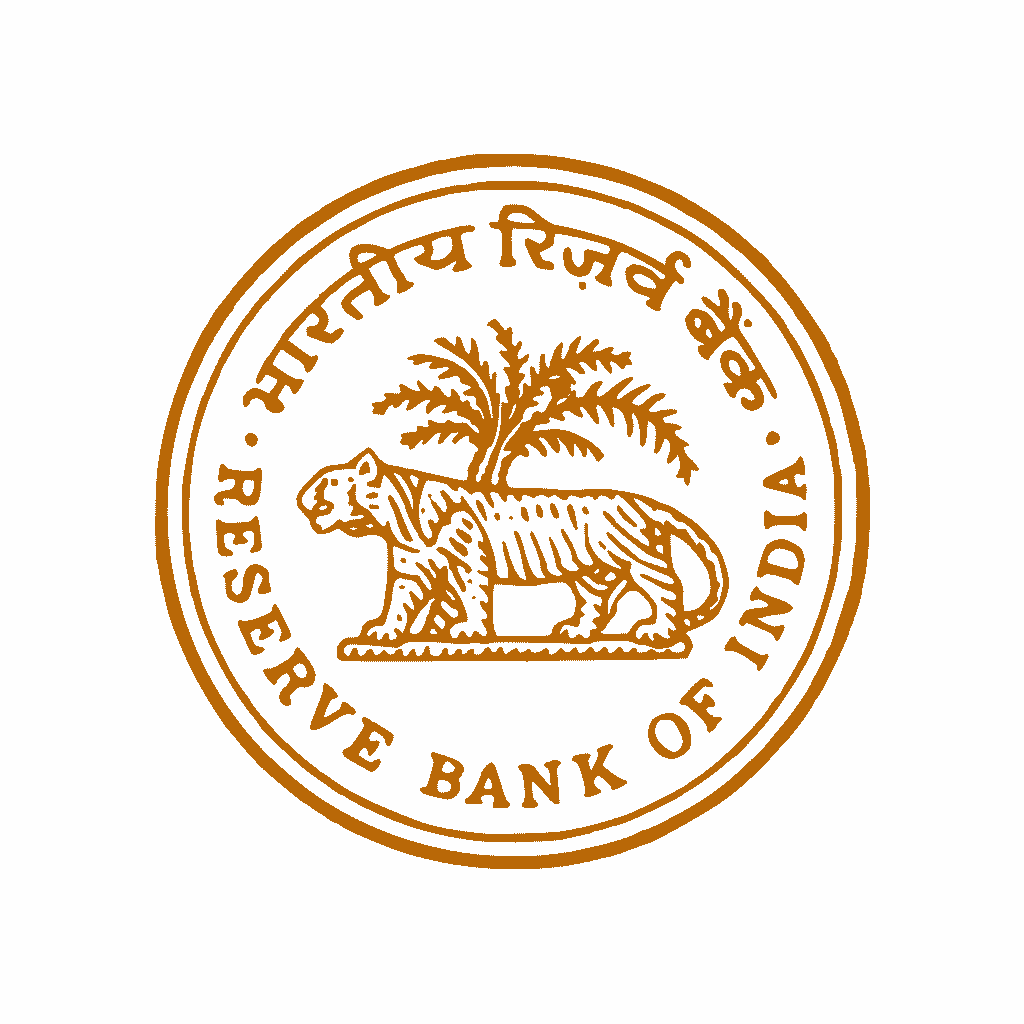Main Features of EXIM policy 1997-2002.
List of Main Features of EXIM (Export lmport) Policy:
Items of import and export, other than these on negative list of items are free and subjected to Government regulations.
Negative List of Items (imports).
The negative list of imports includes prohibited items, restricted items and canalized items.
Prohibited’ Items: The list includes ivory, tallow fat and oils, animal rennet, wild animals etc.
Restricted Items: Import of restricted items can be done only against a special import license, which is freely transferable. These items include the following consumer and electronic goods, telephonic instruments, fabrics, wines, alcoholic beverage concentrates, EPABX watches, precious, semi-precious, other stones, security, safety items, items like fire arms, explosives, paper for security printing, ammunition plants, animals and seeds, insecticides, certain drugs like tetracycline, streptomycin, penicillin, chemicals and allied items.
Canalized Items: Canalized items as the name suggests can be imported only through certain organizations/institutions authorized by government. The important groups in canalized items are petroleum products, seeds, fertilizers, coconut oil, cereals, cloves, cinnamon and palm Stearin & kernel.
A Person Without Importer: Exporter Code cannot make exports or imports.
All offices of Director General of Foreign Trade (DEFT) must be automated for procedural simplification.
Trading House.
A trading house must meet the following criteria:
- Export: Houses: If average export turnover of the house exceeds Rs. 20 croduring last three years.
- rading Houses: If average export turnover of the house exceeds Rs. 100 crore.
- Super Trading Houses: If average export turnover of the house exceeds Rs. 500 crore.
Super Star Trading Houses.
If average expert turnover of the house exceeds Rs. 1500 crore. Goods other than those on Negative List of items can be imported without any restrictions. Some of the goods under this category include capital goods, raw material, components, accessories, spare parts and instruments. However, these goods have following conditions attached to them:
- Imports can be done by any individual, who may not be the Actual User of products imported.
- Custom authorities can allow import goods without license on satisfactory execution of bank guarantee.
- Goods send abroad for improvement, up-gradation can be imported without license.
- Actual users can import second hand capital goods (with minimum residual life of five years) without license.
- Capital goods can be exported under the Export Promotion Capital Goods Scheme of the government at concessional rates, subject to export obligations.
- Foreign exporters an import material like labels, price tags, buttons, drawings, patterns, designs; etc required for specific export orders as a part of passenger baggage.
- A person can freely import goods which are not on negative list or against Special Import License.
- Private bonded warehouse for stationing export-import goods can be set-up in Domestic Tariff Area (DTA).
- Export Oriented Units (EOUs) units, Export Promotion Zones (EPZ) units, STP units and EHTP units are privileged to import all types of goods free from duty.
The goods imported include capital goods which might be required by these units for production-purpose (capital goods). The production of these units is to be exported, subjected to the following conditions:
Upto 5% of the rejected production (in terms of value) can be sold to Domestic Tariff Area (DTA).
Up to 25% of the total production (in terms of value) can be sold to Domestic Tariff Area (DTA). This is however subjected to payment of applicable duty.
The government encourages exporters and manufacturers to attain international standards for products exported. The Central government undertakes programs to create quality awareness and works for the up-gradation of manufacturing facilities and laboratories to level them up to international standards. The concept of Total Quality Management (TOM) has been promoted.
Duty Exemption Scheme for exporters.
The scheme comprises of Duty Free Licence and Duty Entitlement Pass Book:
Duty free License can be advance license, intermediate license or special import license. An advance license permits exporters (manufacturer or merchant) to import goods for manufacturing without payment of custom duty. Intermediate License is granted to manufacturer exporters for importing inputs required in manufacturing of goods which would be exported by merchant exporter. A Special import License is a permit granted to exporters (manufacturer or merchant) to import goods which are otherwise on restricted list. A special import license is also issued for importing goods to be supplied to EOUs, STPs, EHTPs, or units in EPZ etc.
Duty Entitlement Pass Book (DEPB)
The Duty Entitlement Pass Book (DEPB) allows exporters to claim credit in freely convertible currency as a percentage of job value of exports. DEPB is available against export products and at rates as specified by the Director General of Foreign Trade (DGFT).
The Duty Entitlement Pass Book (DEPB) can be issued on post-export or pexport basis. A DEPB on Post export basis is granted for exports which have been already made. A DEPB on Pexport basis is granted to eligible exporters for importing goods which would be required for production.




